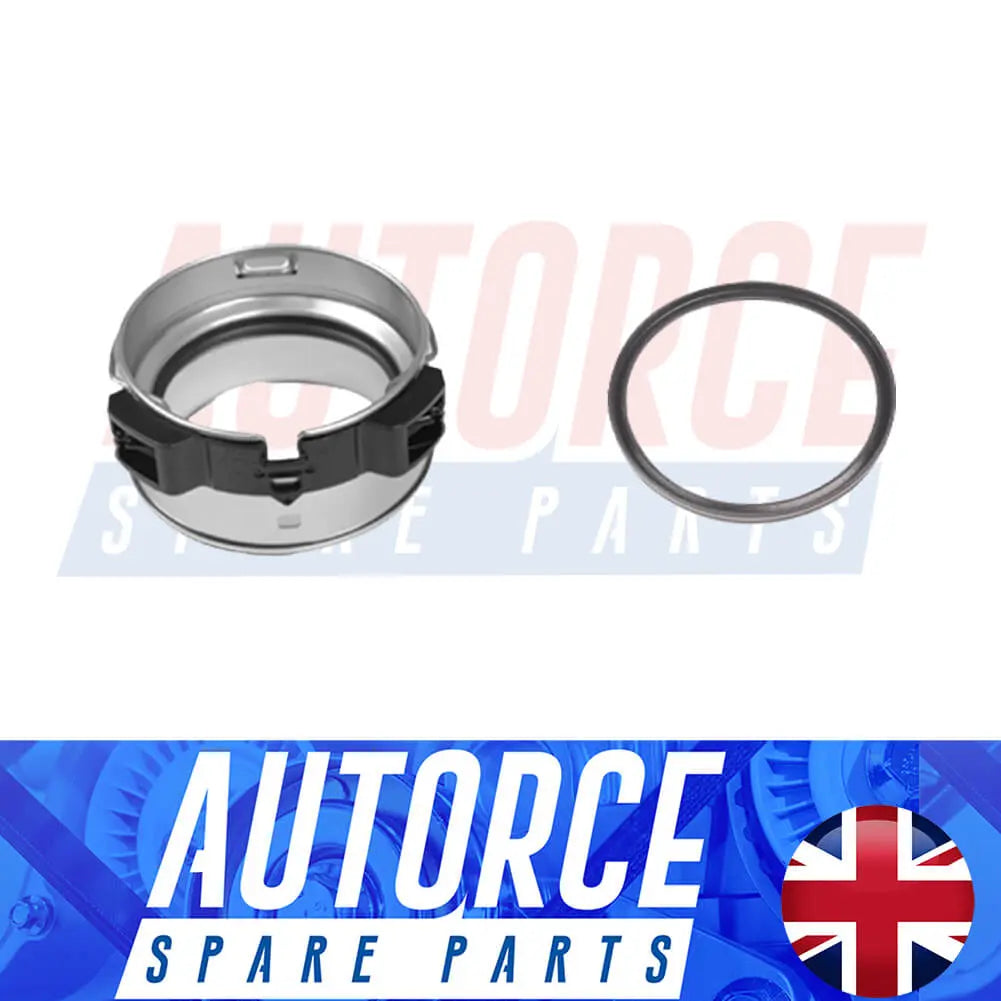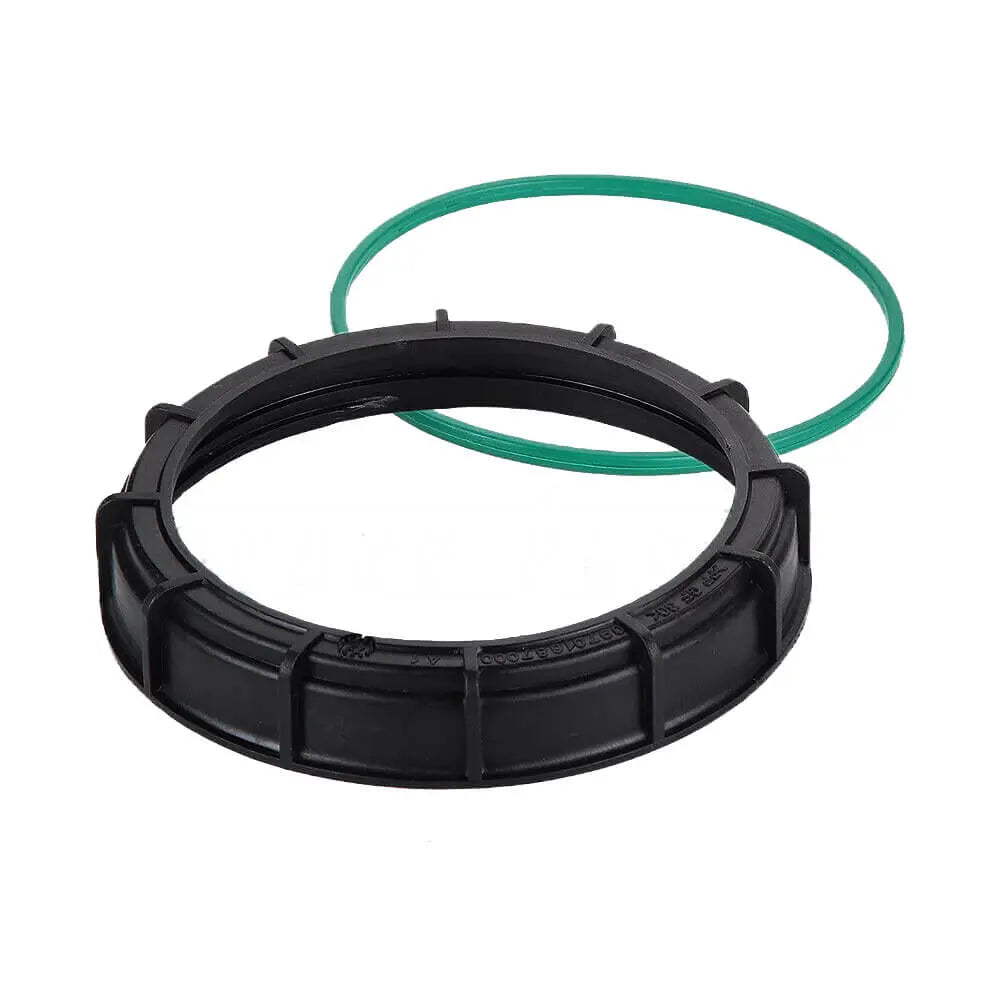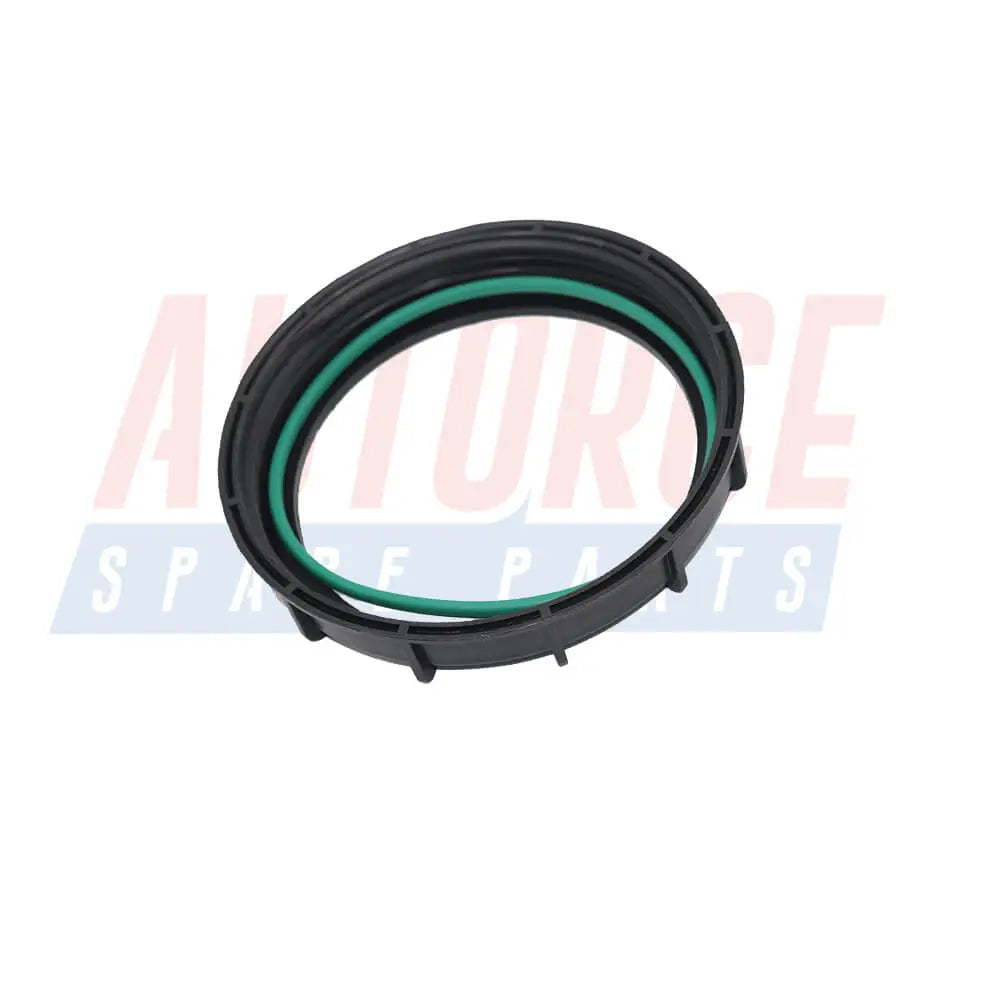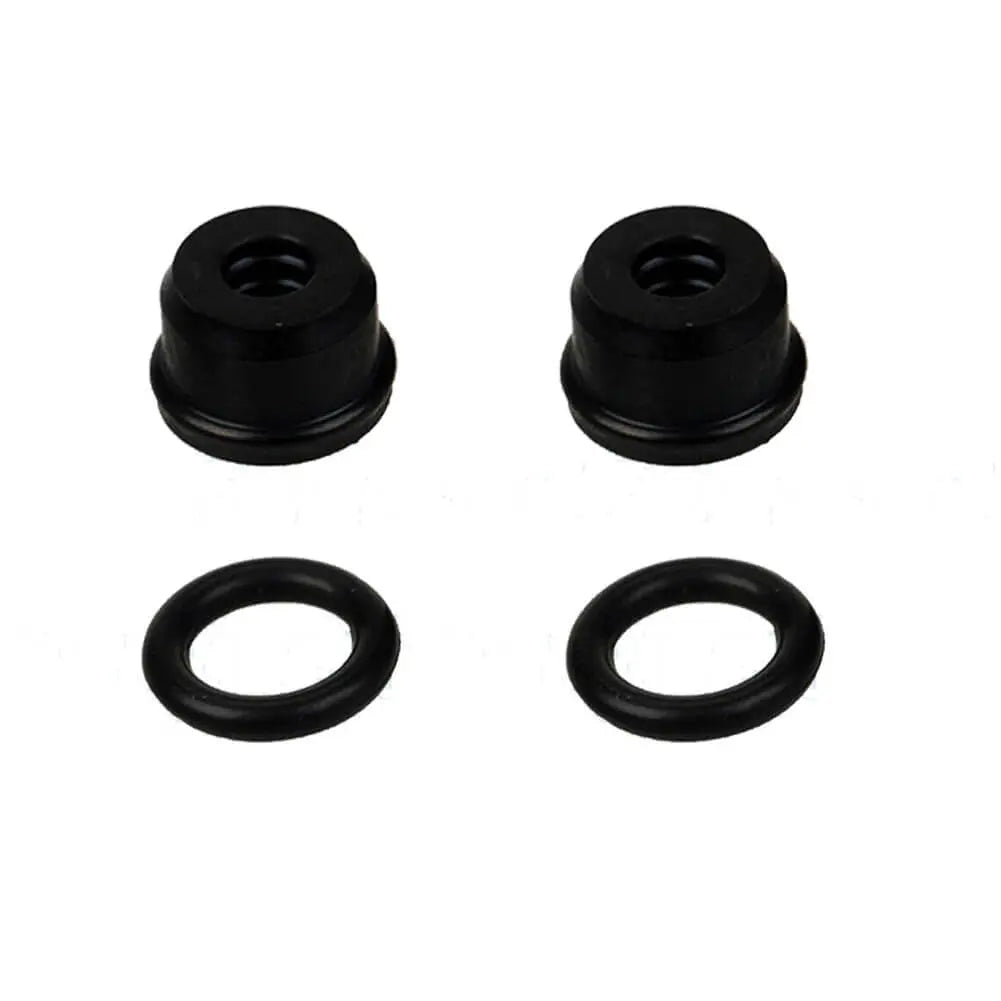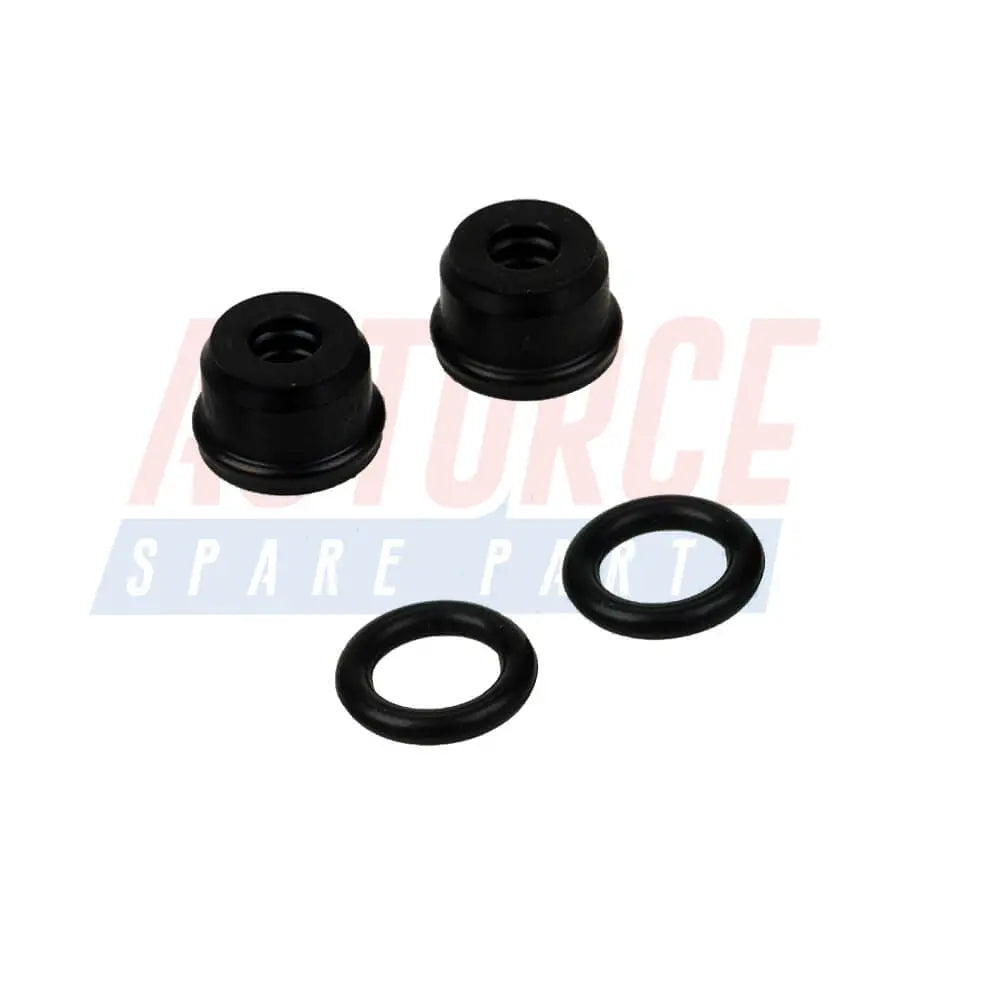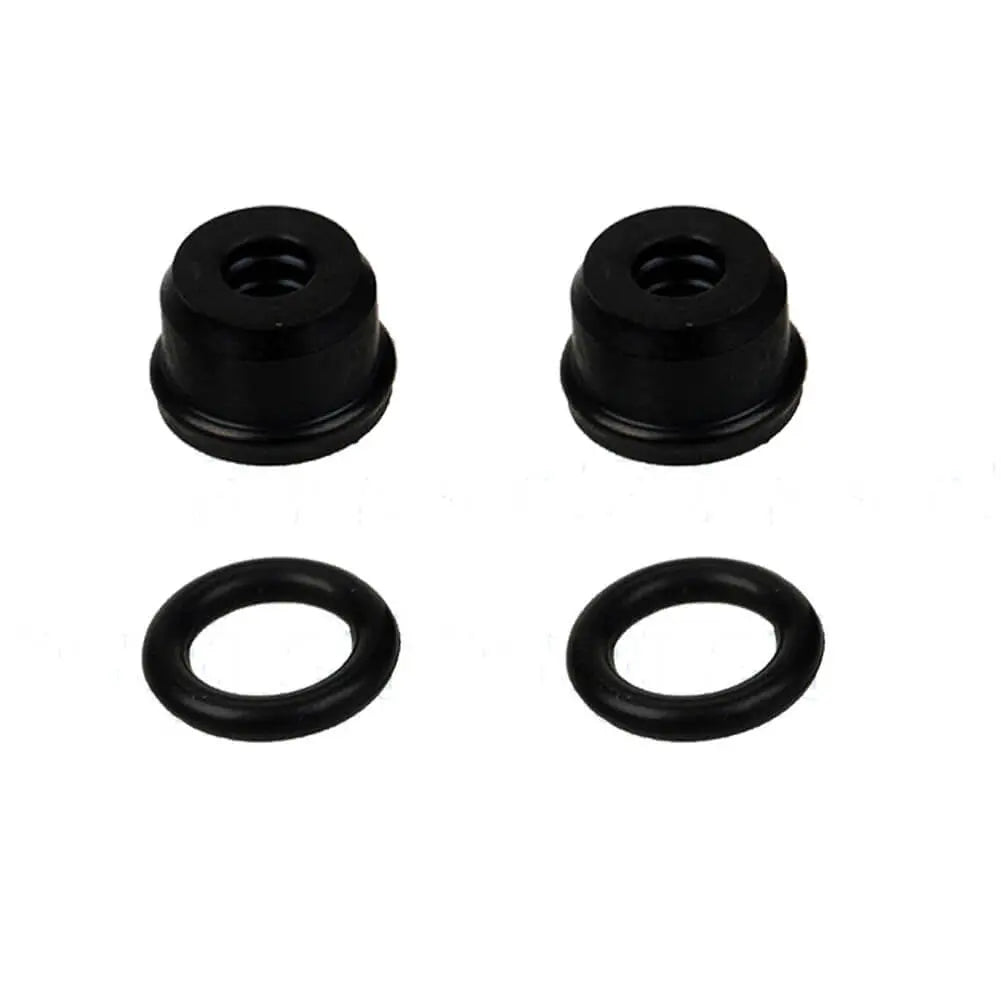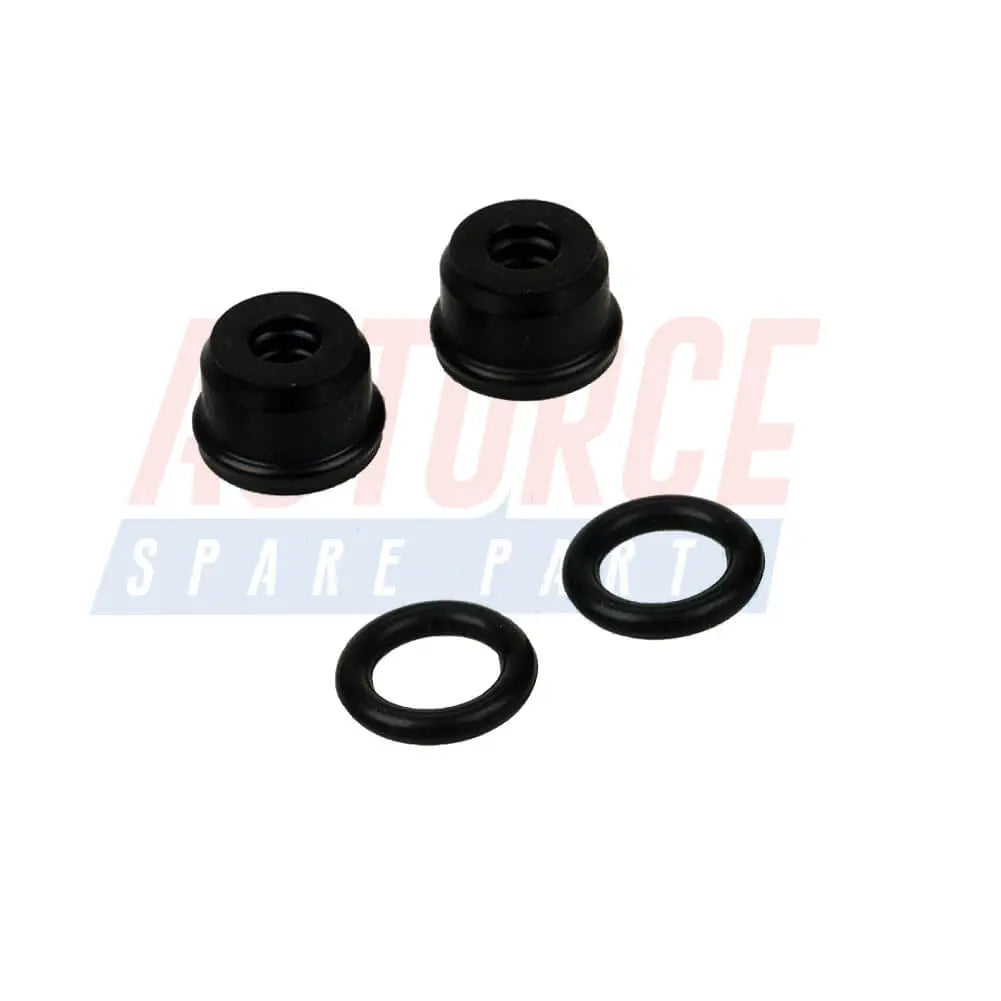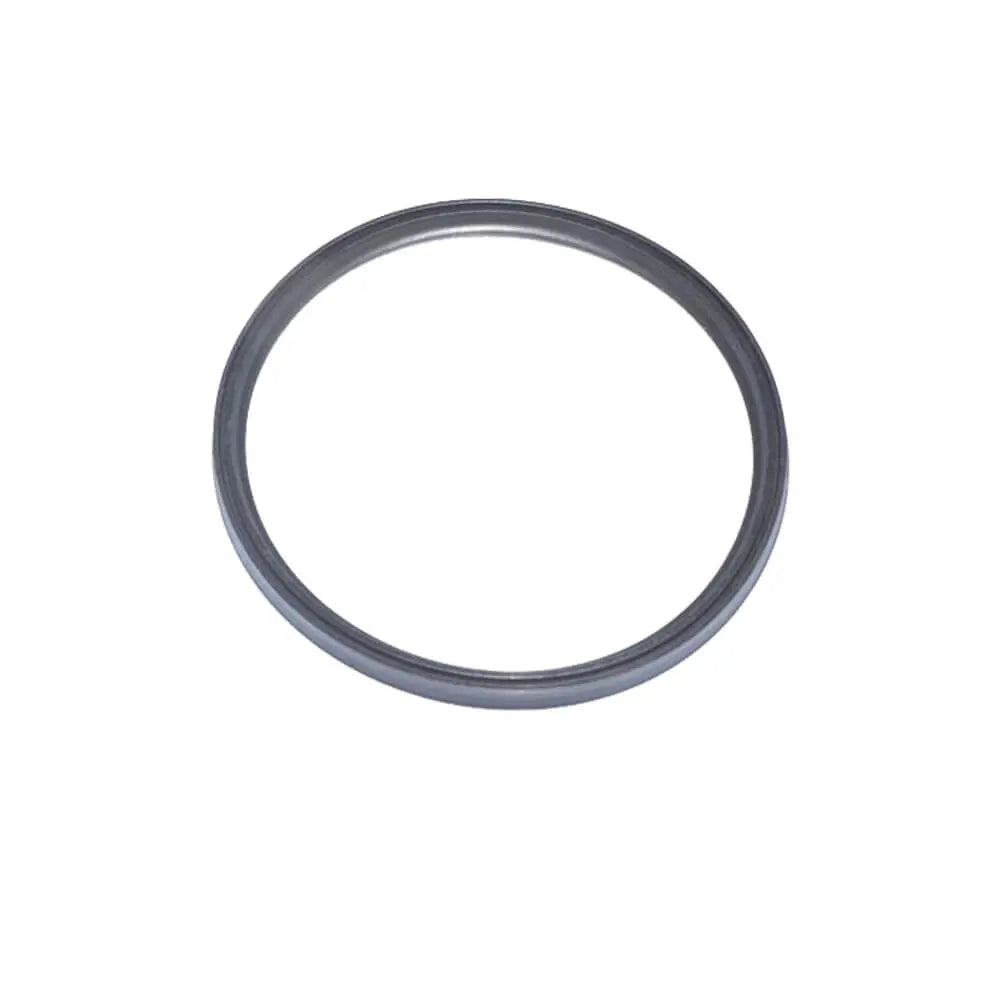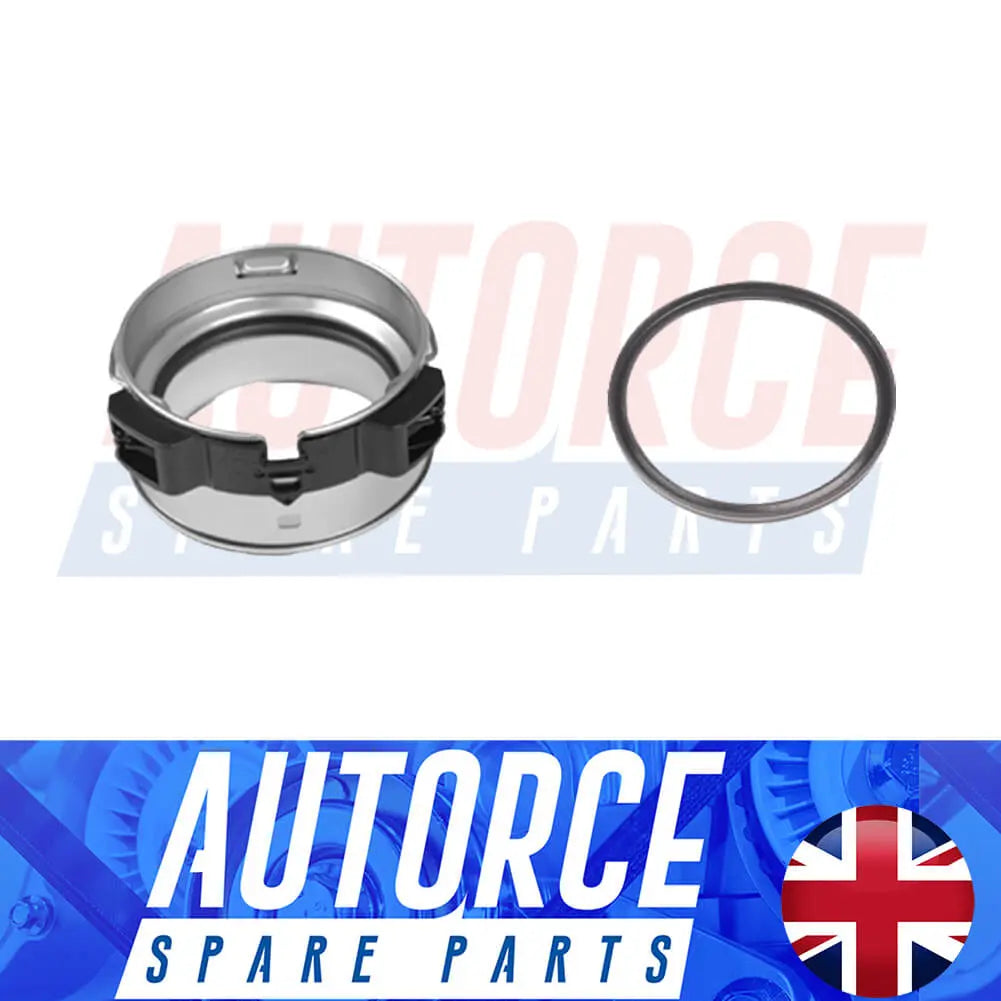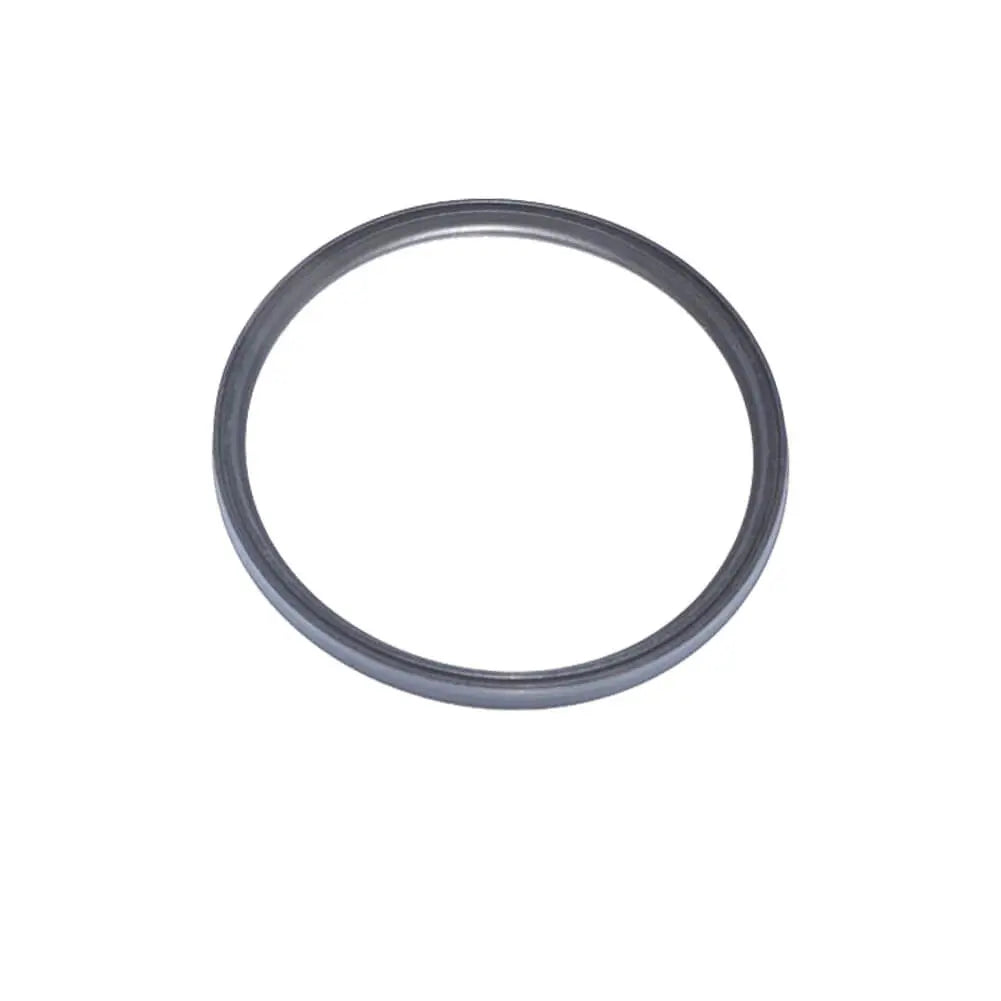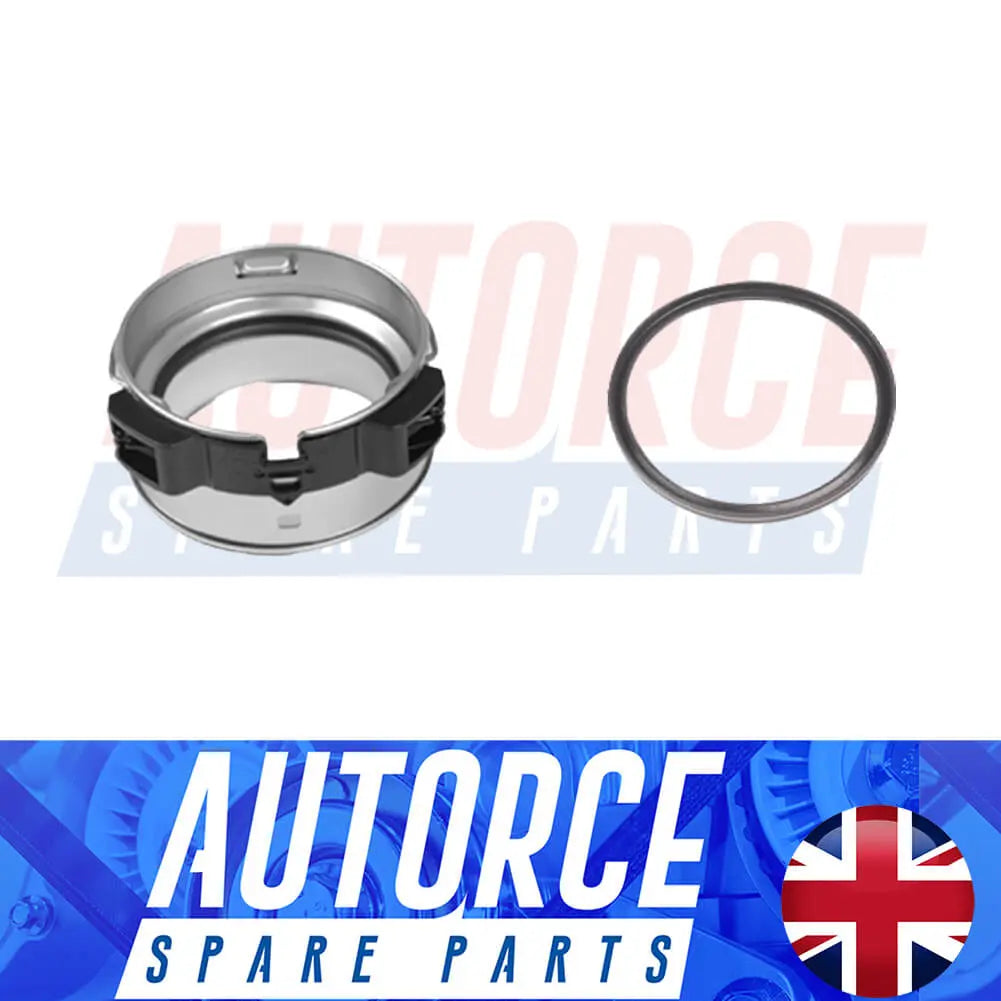Shop by Category
Gasket Seal
462 products
Showing 1 - 24 of 462 products
The Essential Role of Gasket Seals in Your Car's Performance and Reliability
When you pop open the hood of your car, you'll find a complex network of components working together to keep your vehicle running smoothly. Among these critical components are gasket seals, often small and inconspicuous but vital for ensuring the engine's optimal performance and reliability. In this article, we'll explore the significance of gasket seals in a car's functionality and why they play a crucial role in preventing leaks, maintaining pressure, and safeguarding the engine from potential damage.Understanding Gasket Seals
Gasket seals are mechanical devices designed to create a secure and leak-proof barrier between two or more mating surfaces. They are commonly made from materials such as rubber, silicone, metal, or composite materials, depending on the specific application. In a car, gaskets serve a myriad of essential functions, primarily sealing and preventing leaks in areas where components meet.Types of Gasket Seals in a Car
1. Cylinder Head Gasket: One of the most critical gaskets in an engine, the cylinder head gasket sits between the engine block and the cylinder head. It ensures a tight seal around the combustion chamber, preventing oil and coolant leaks while maintaining compression within the cylinders.2. Intake and Exhaust Manifold Gaskets: These gaskets are positioned between the intake and exhaust manifolds and the engine block or cylinder head. They help seal the passages, preventing air or gas leaks and ensuring optimum performance and fuel efficiency.
3. Valve Cover Gasket: Found on top of the cylinder head, the valve cover gasket prevents oil leaks from the valve cover area, protecting sensitive engine components from potential damage.
4. Oil Pan Gasket: Positioned between the oil pan and the engine block, this gasket prevents oil leaks and ensures proper lubrication of engine parts.
5. Water Pump Gasket: Situated between the water pump and the engine block or housing, this gasket maintains a tight seal to prevent coolant leaks and engine overheating.
Importance of Gasket Seals in Car Performance
1. Leak Prevention: Gasket seals play a critical role in preventing fluid leaks, such as oil, coolant, or exhaust gases. Any leakage can lead to a loss of vital fluids, compromising the engine's performance and potentially causing serious damage.2. Pressure Maintenance: In areas where high pressure is required, such as the combustion chamber, gasket seals maintain a proper seal to prevent pressure loss and ensure efficient engine operation.
3. Component Protection: Gaskets protect sensitive engine components from exposure to harmful elements. For example, the valve cover gasket shields the valvetrain from debris and contaminants.
4. Engine Efficiency: By maintaining proper seals, gasket seals contribute to the overall efficiency and performance of the engine. Ensuring airtight seals in the intake and exhaust systems enhances combustion efficiency and fuel economy.
Replacing Gasket Seals
Over time, gasket seals can degrade due to heat, pressure, and general wear and tear. When this happens, they may develop leaks or fail to perform their intended functions adequately. Regular maintenance and inspection are essential to detect any potential issues with gaskets promptly.When replacing gasket seals, it's crucial to use high-quality, OEM or aftermarket parts, and ensure proper installation to guarantee optimal performance and longevity.
Gasket seals may seem like small components in a car's engine, but they play a vital role in maintaining the engine's integrity, performance, and reliability. From preventing leaks to preserving pressure and safeguarding sensitive components, these inconspicuous seals contribute significantly to the overall functionality of your vehicle. Regular inspection, maintenance, and timely replacement of worn gaskets will ensure your car's engine operates at its best, providing you with a smooth and trouble-free driving experience.
Showing 1 - 24 of 462 products
Display
View


Fuel Tank Gasket Seal For Opel Corsa B Tigra Vectra B - 1254286, GM 90411085, 1254277, GM 9181883
Sale price£9.99
No reviews
Hurry! Stock running out!

Turbo Intercooler Hose Repair Kit For Vauxhall Insignia 1.6 2.0 CDTI (2014 - 2017) - 13419441
Sale price£12.90
No reviews
Hurry! Stock running out!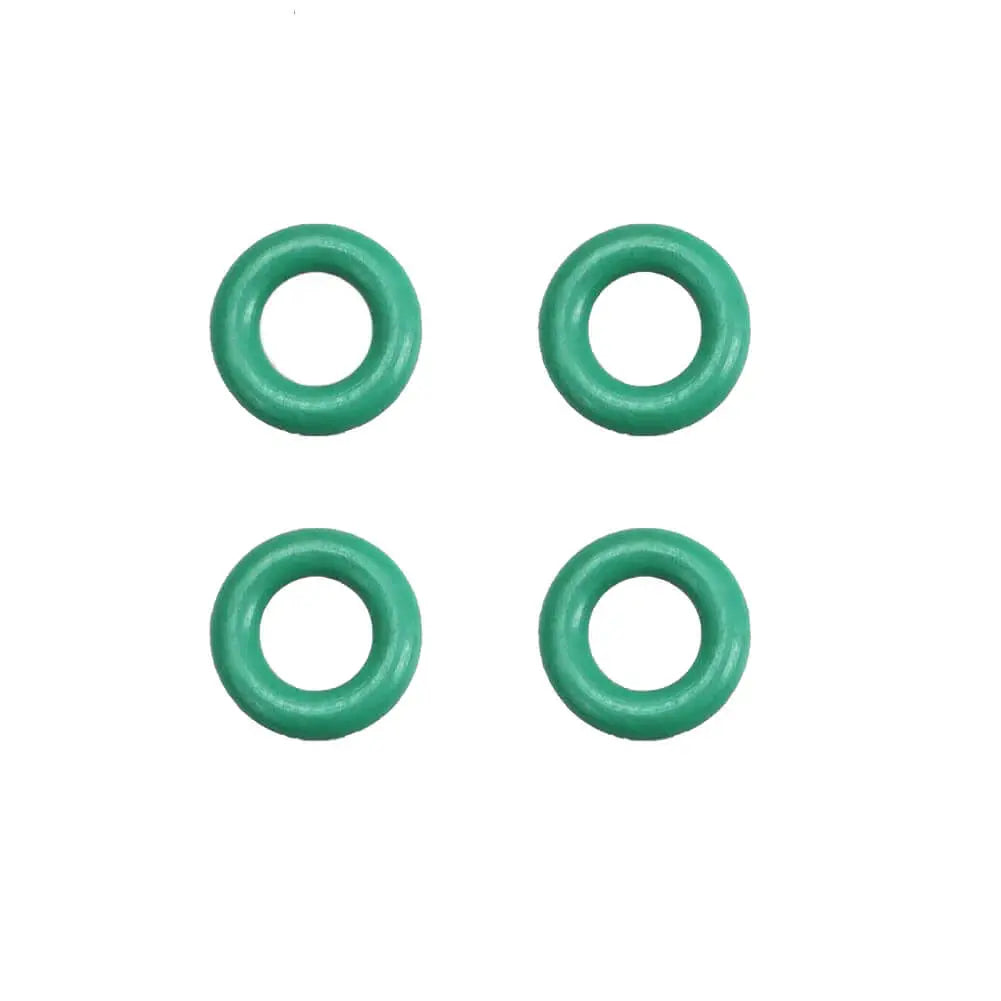
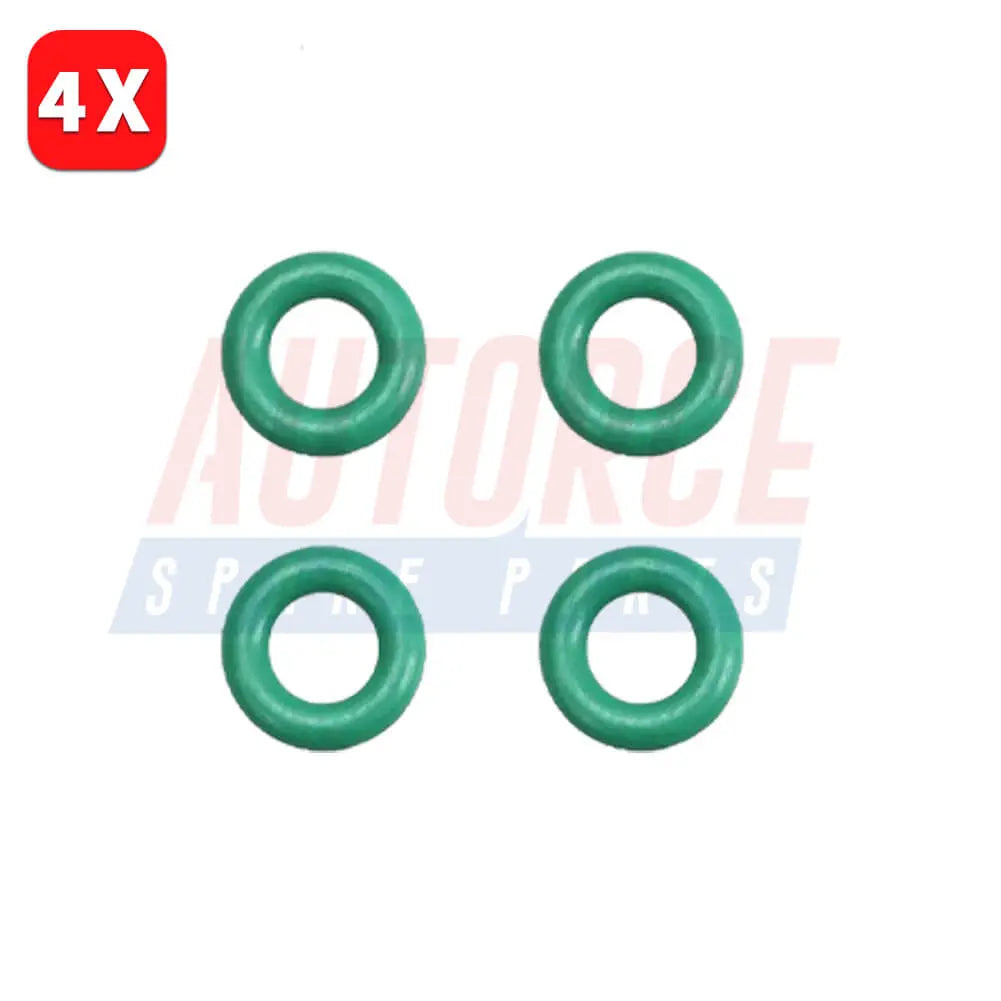
4 Pcs Fuel Injector Leak Off Pipe Seal O-ri̇ng For Ford Transit - 9659325580, 1372379
Sale price£3.99
No reviews
Sold out
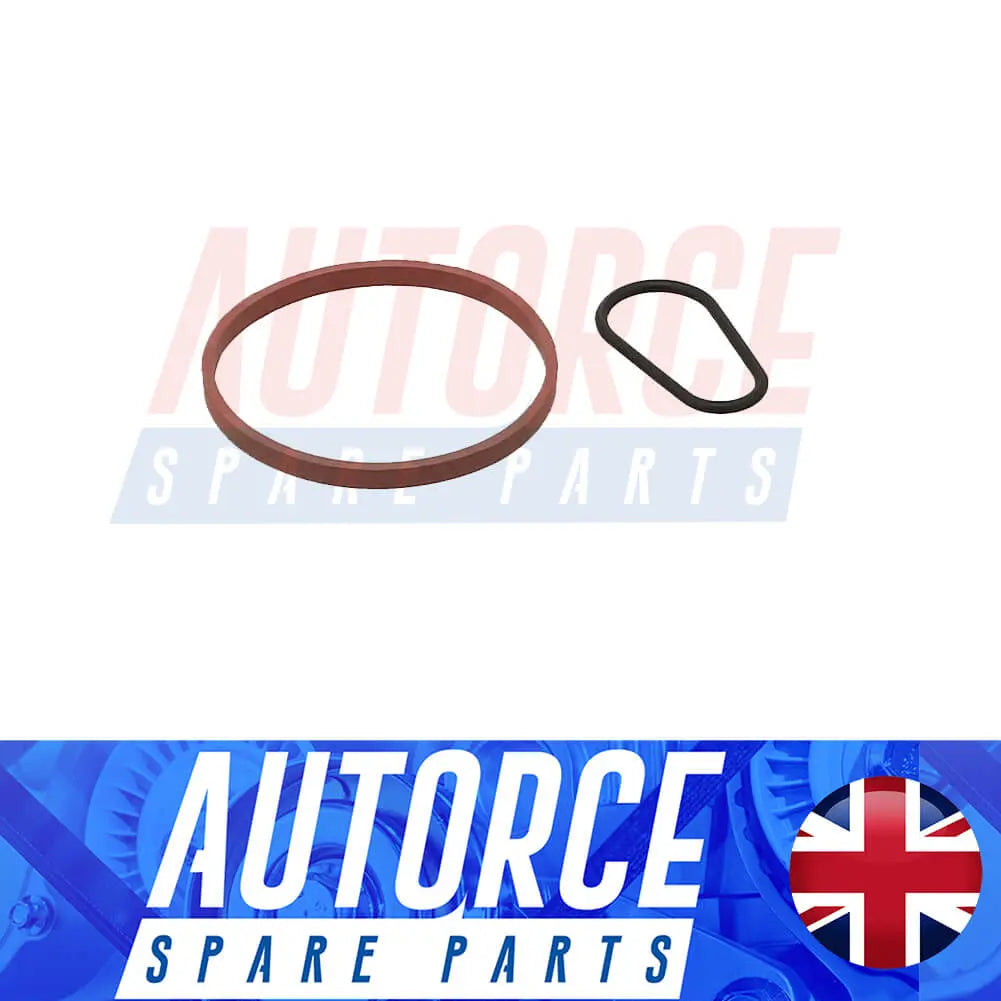
Vacuum Pump Gasket For Peugeot 2008 207 208 3008 308 308 SW 5008 508 - 455624
Sale price£7.90
No reviews
In stock
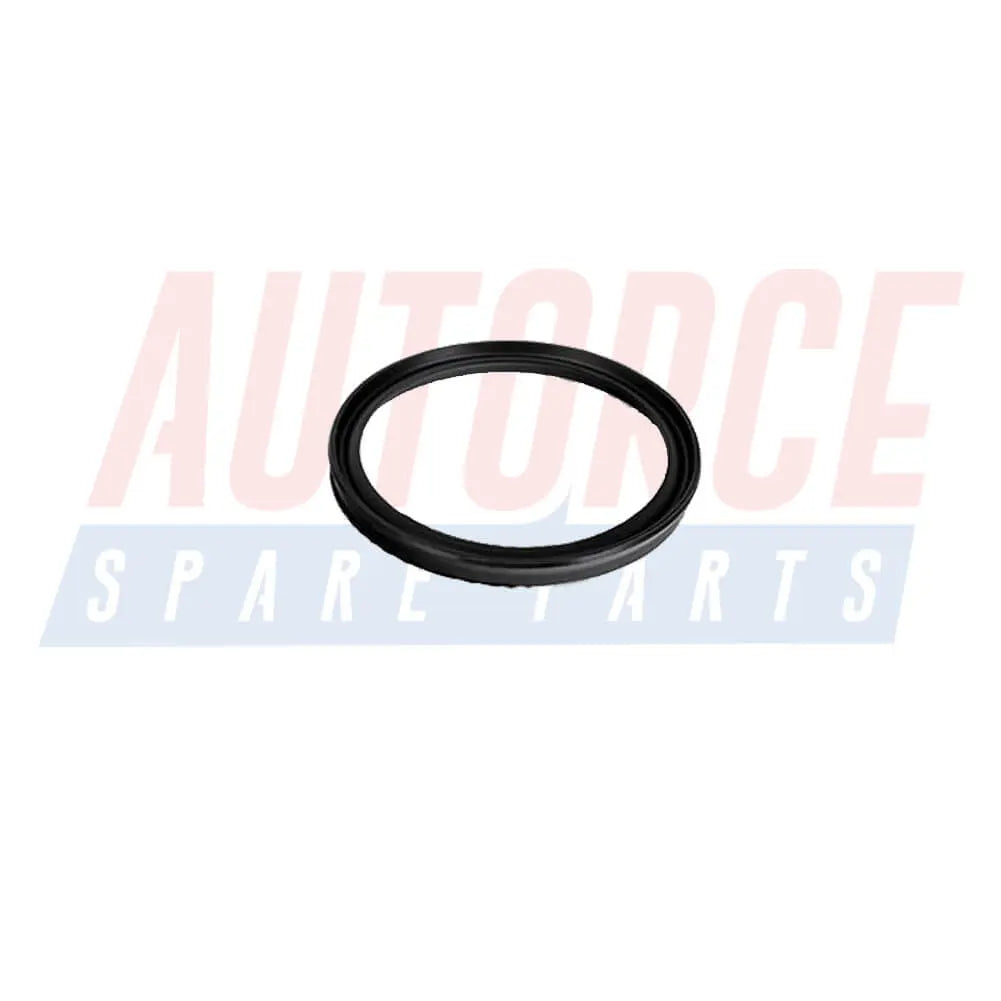
Turbo Intercooler Pipe Hose Seal For Mercedes A B Class CLA GLA - 0219976545
Sale price£5.90
No reviews
In stockSave £5.09
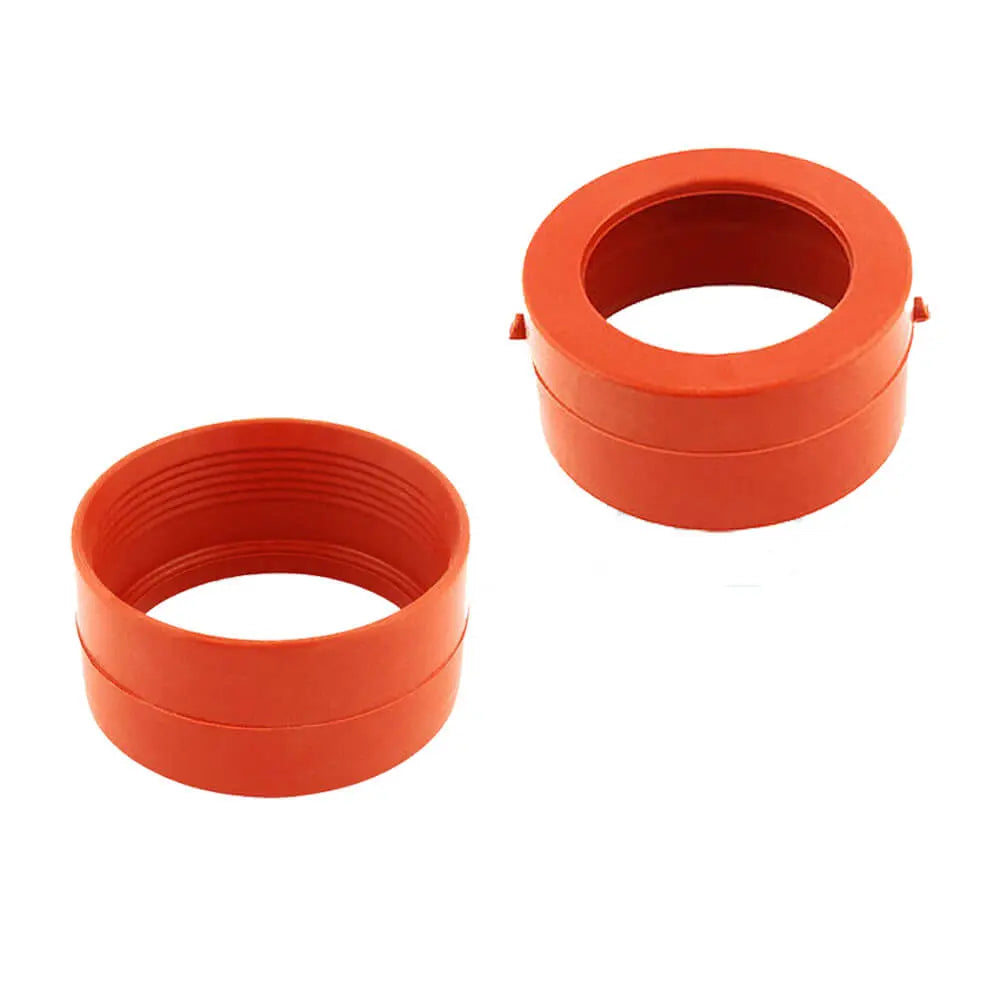
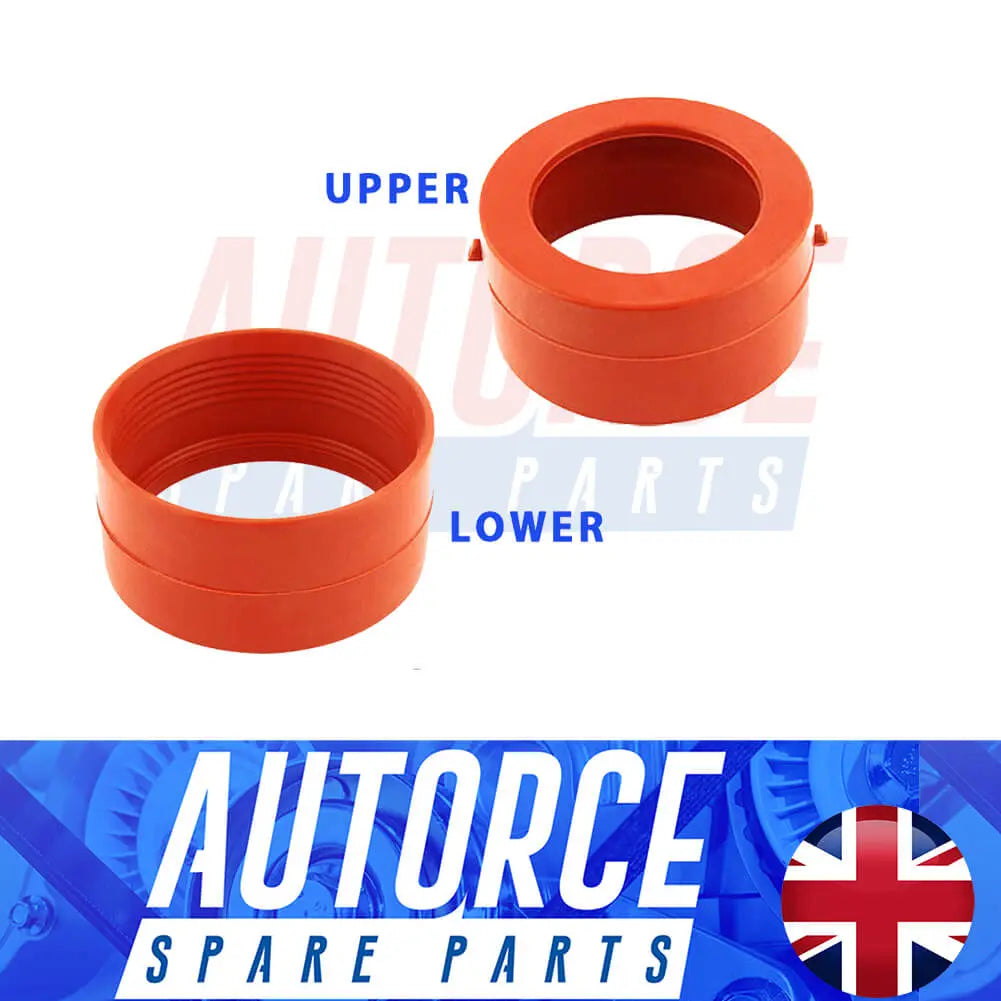
2 Pcs Engine Turbo Boost Pipe Seal Gasket Upper / Lower For Volvo V70 S60 XC70 V70 XC90 - 30778628, 30778629
Sale price£14.90
Regular price£19.99
No reviews
In stock
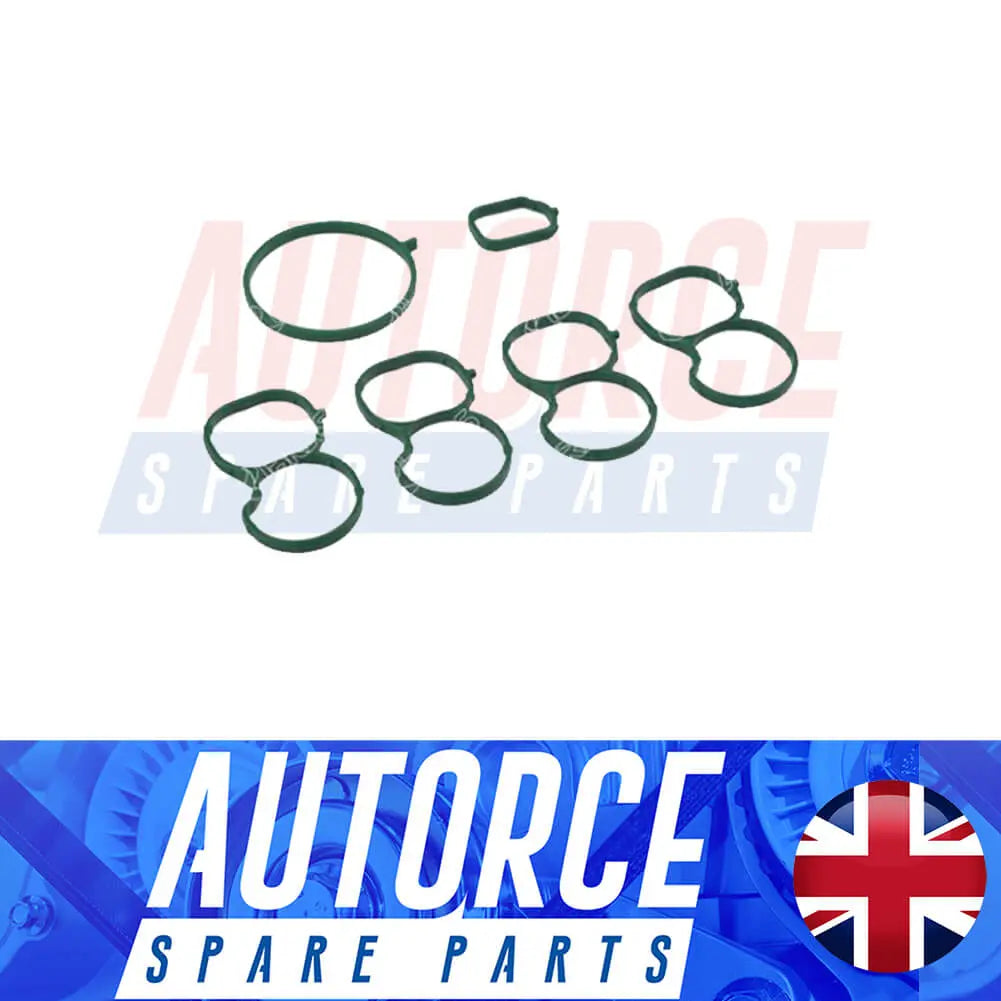
Suction Manifold Gasket For Vauxhall Astra VI Insignia I Zafira III - 850336
Sale price£9.99
No reviews
Hurry! Stock running out!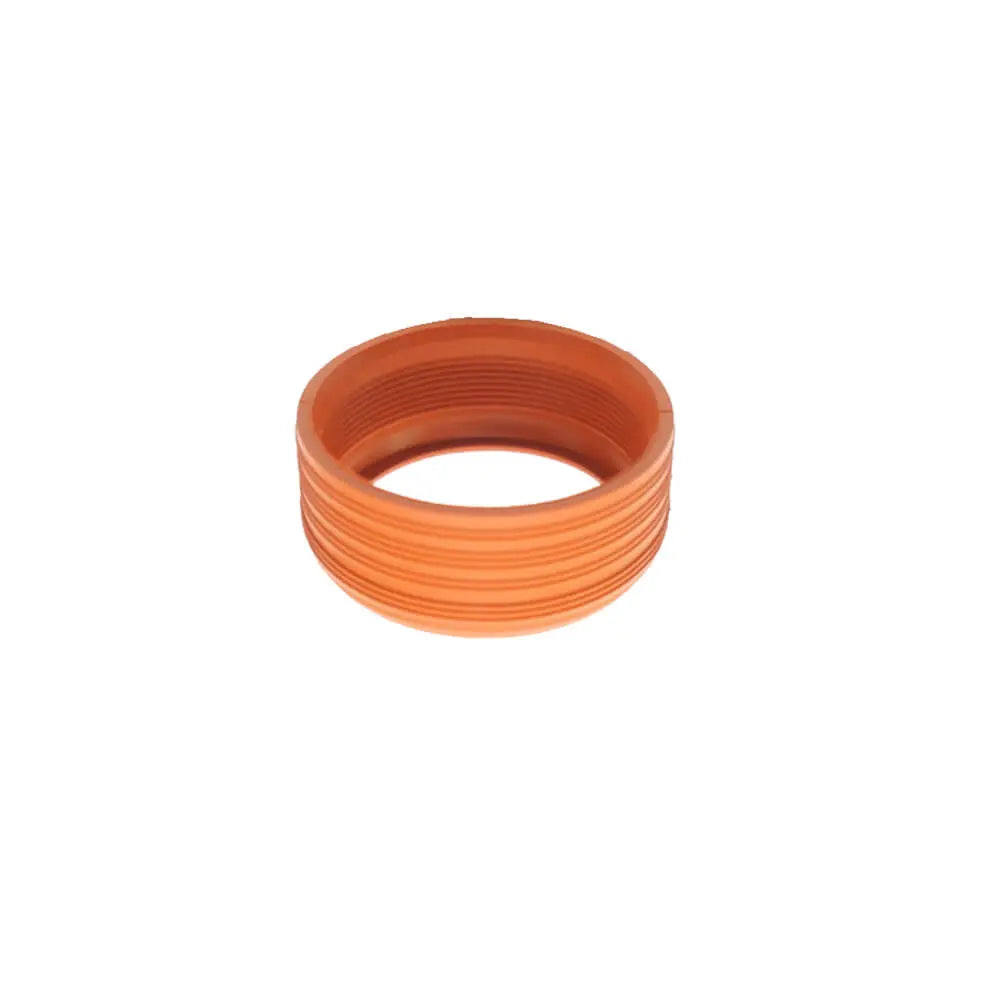
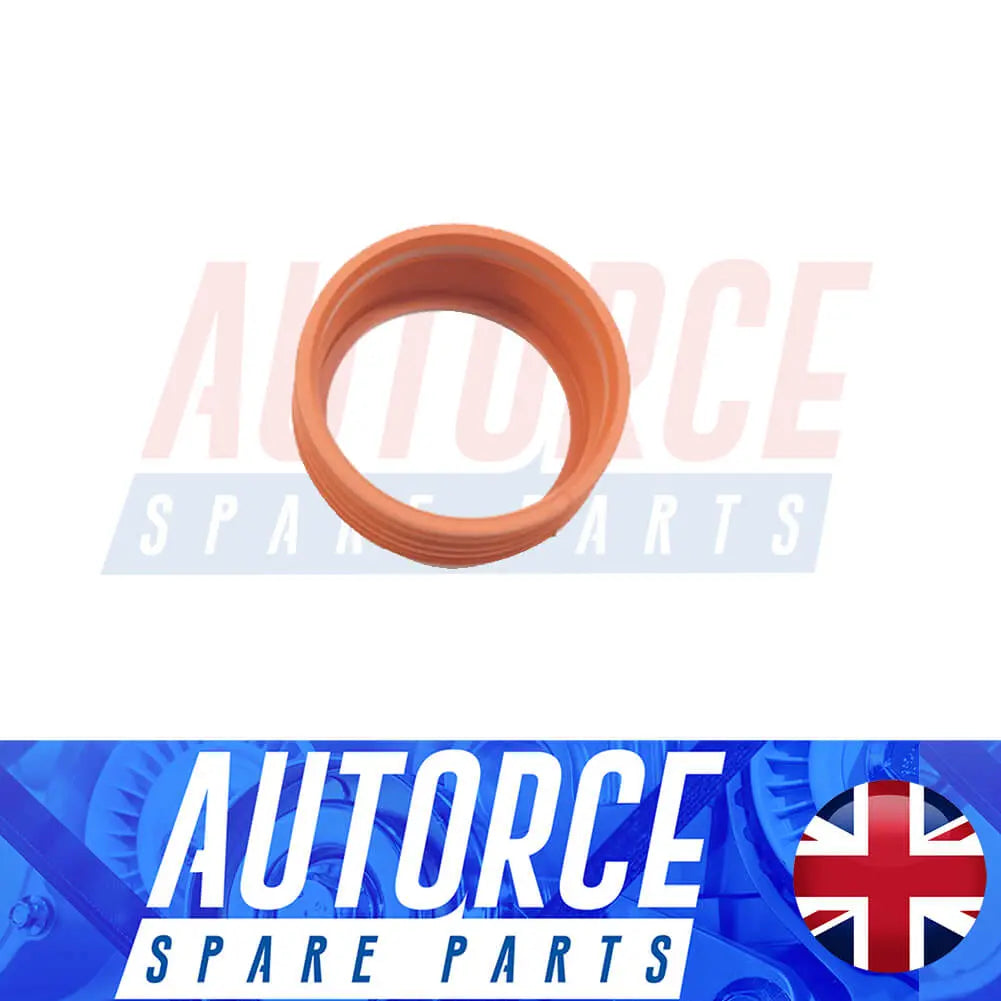
Air Filter Pipe Gasket For Mercedes Sprinter Vito Diesel - 0179970445
Sale price£9.90
No reviews
Hurry! Stock running out!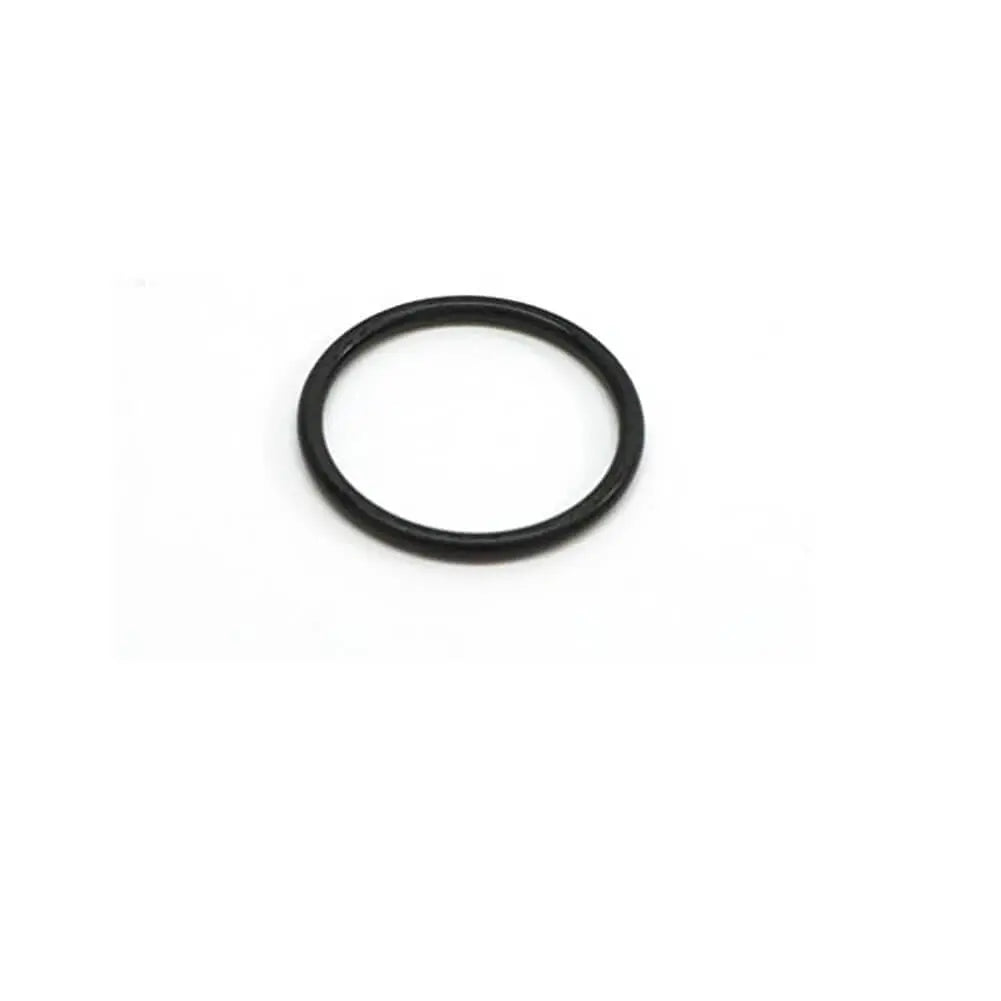
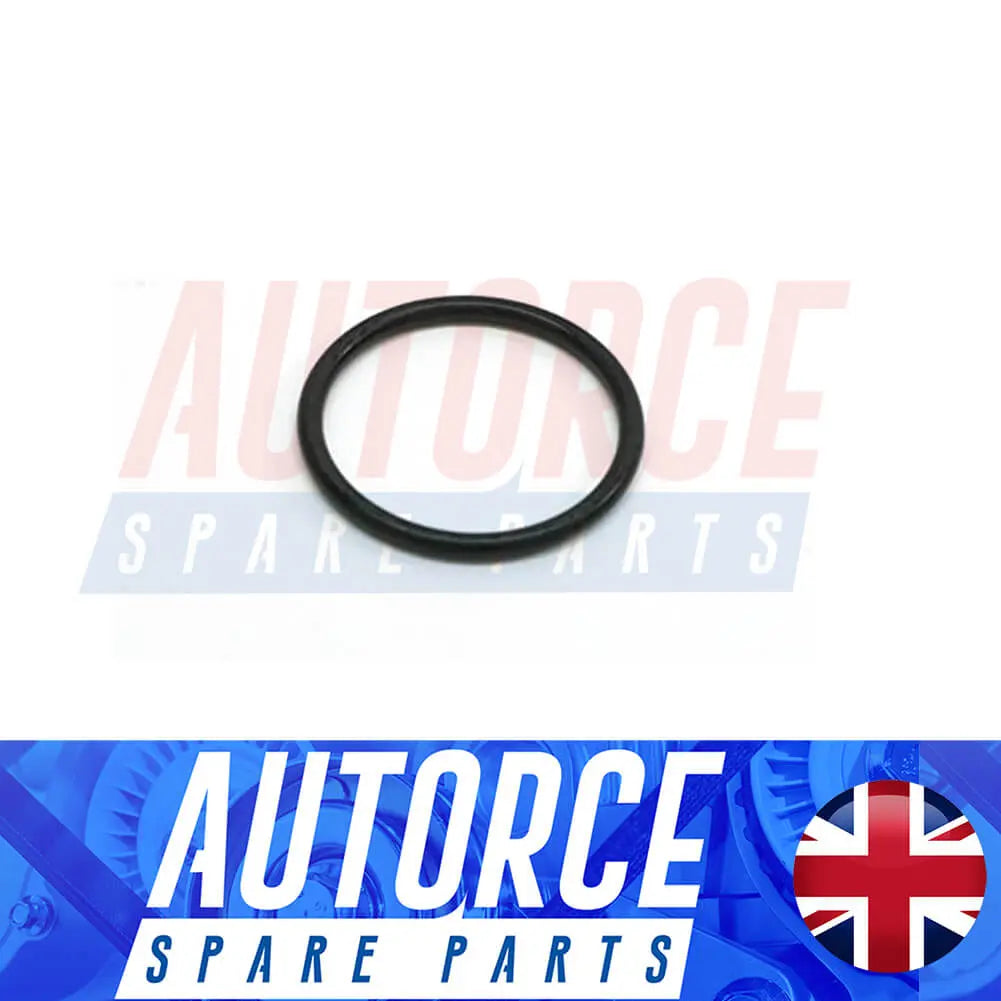
Radiator Coolant Hose O-Ring Seal For Mercedes 0269976745, 0039971889
Sale price£4.90
No reviews
Hurry! Stock running out!
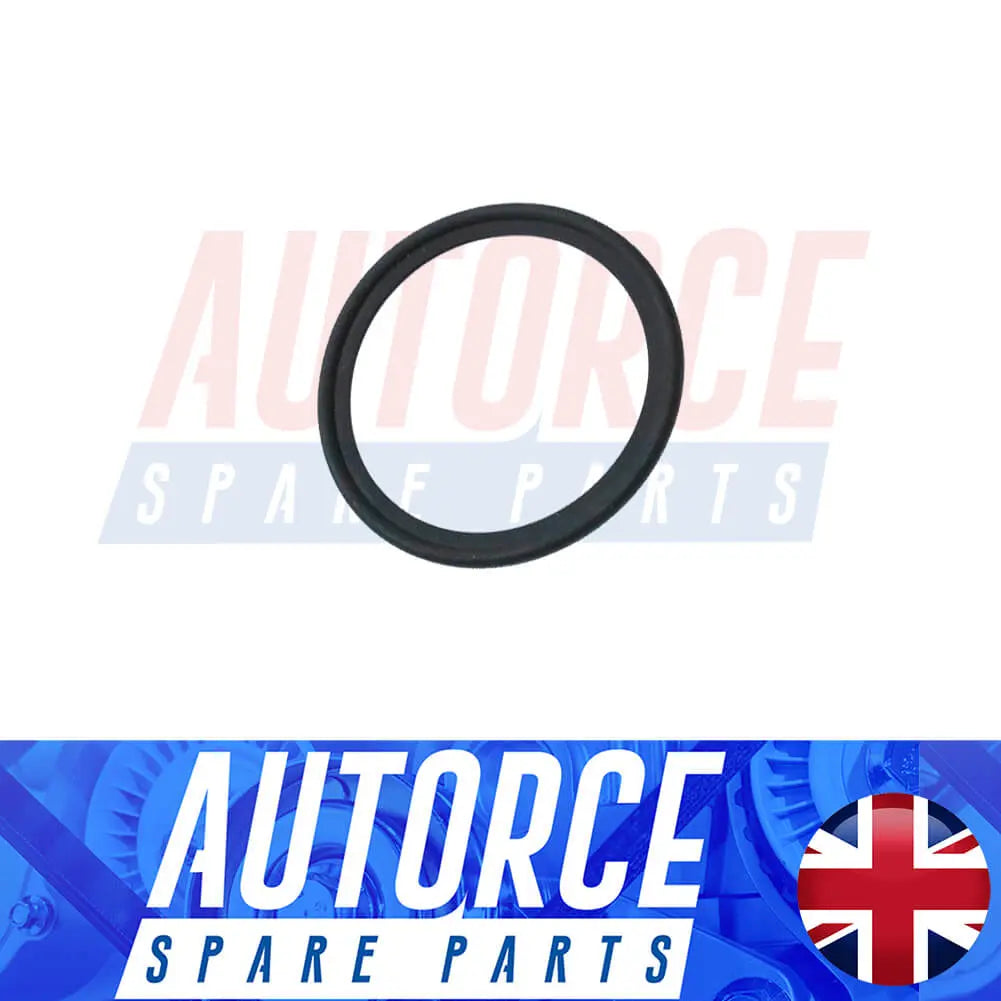
Oil Cooler Seal For Renault Clio Thalia Kangoo Megane Logan 1.5 dCi - 7701051538, 1661184A00
Sale price£5.90
No reviews
Hurry! Stock running out!
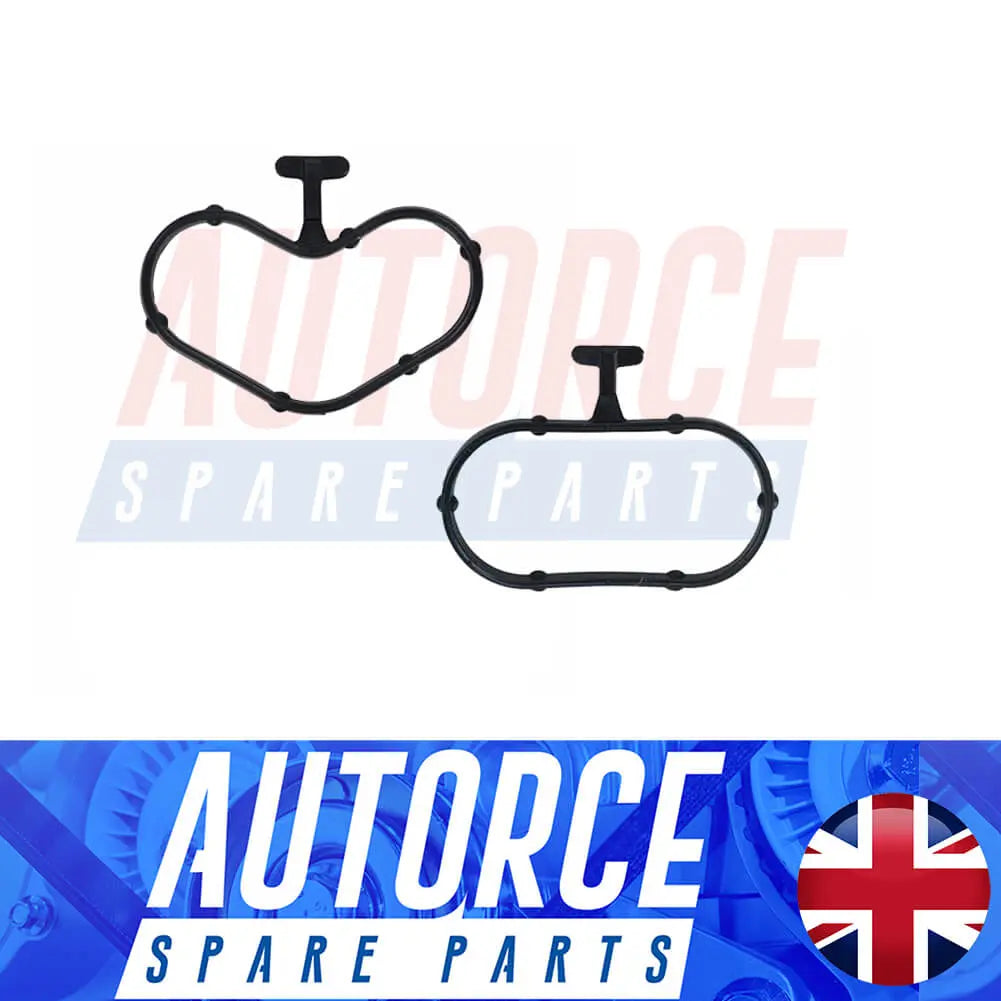
Oil Cooler Gasket Set For Mercedes Citan (W415) - 2001840080
Sale price£8.90
No reviews
Hurry! Stock running out!
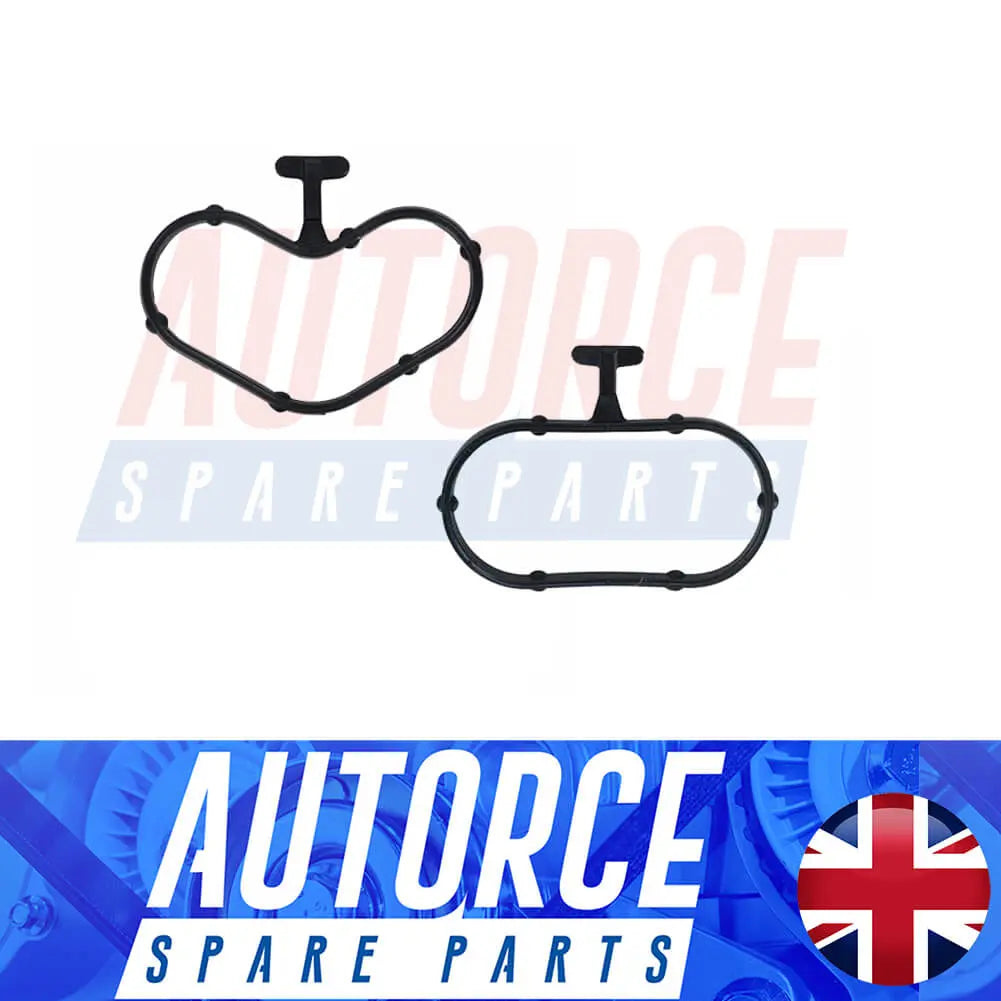
Oil Cooler Gasket Set For Renault For Nissan For Dacia For Mercedes For Smart - 213042726R
Sale price£8.90
No reviews
Hurry! Stock running out!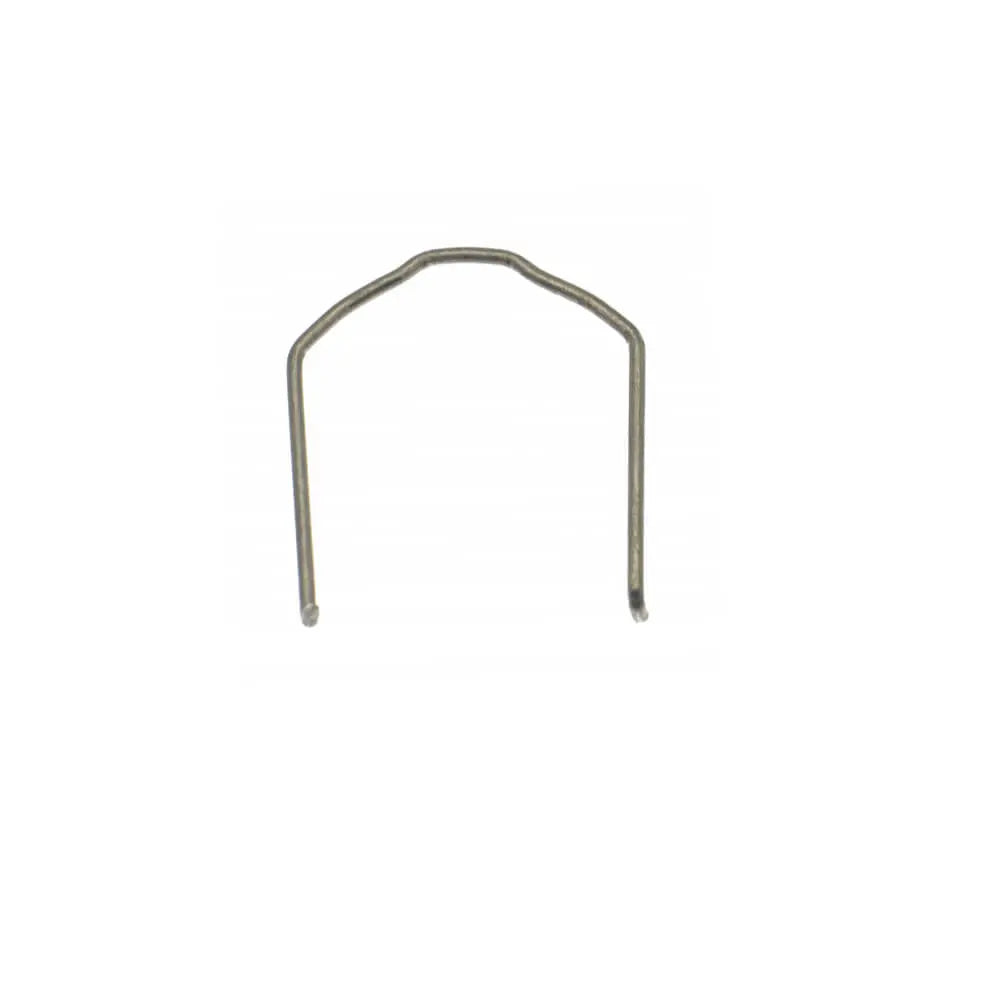
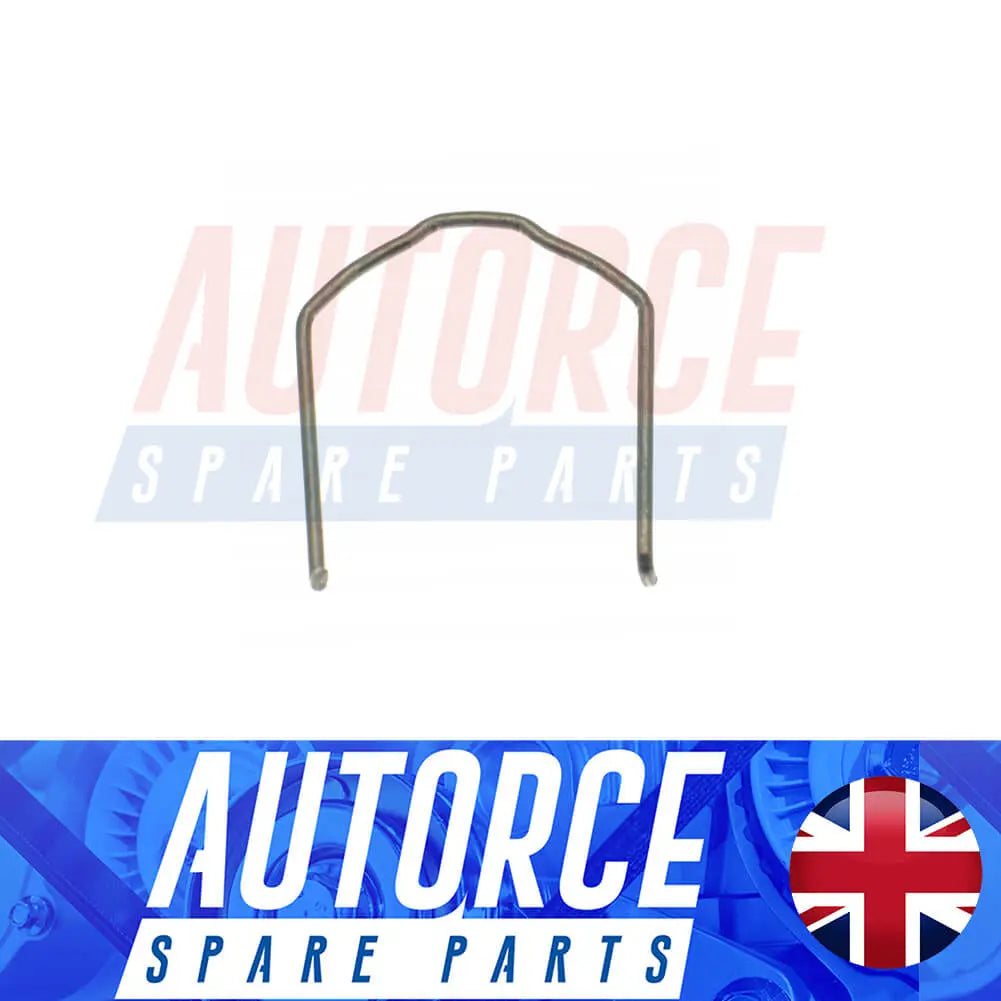
Turbo Hose Clips For Dacia Duster Lodgy Logan Sandero - 144602760R
Sale price£4.90
No reviews
Hurry! Stock running out!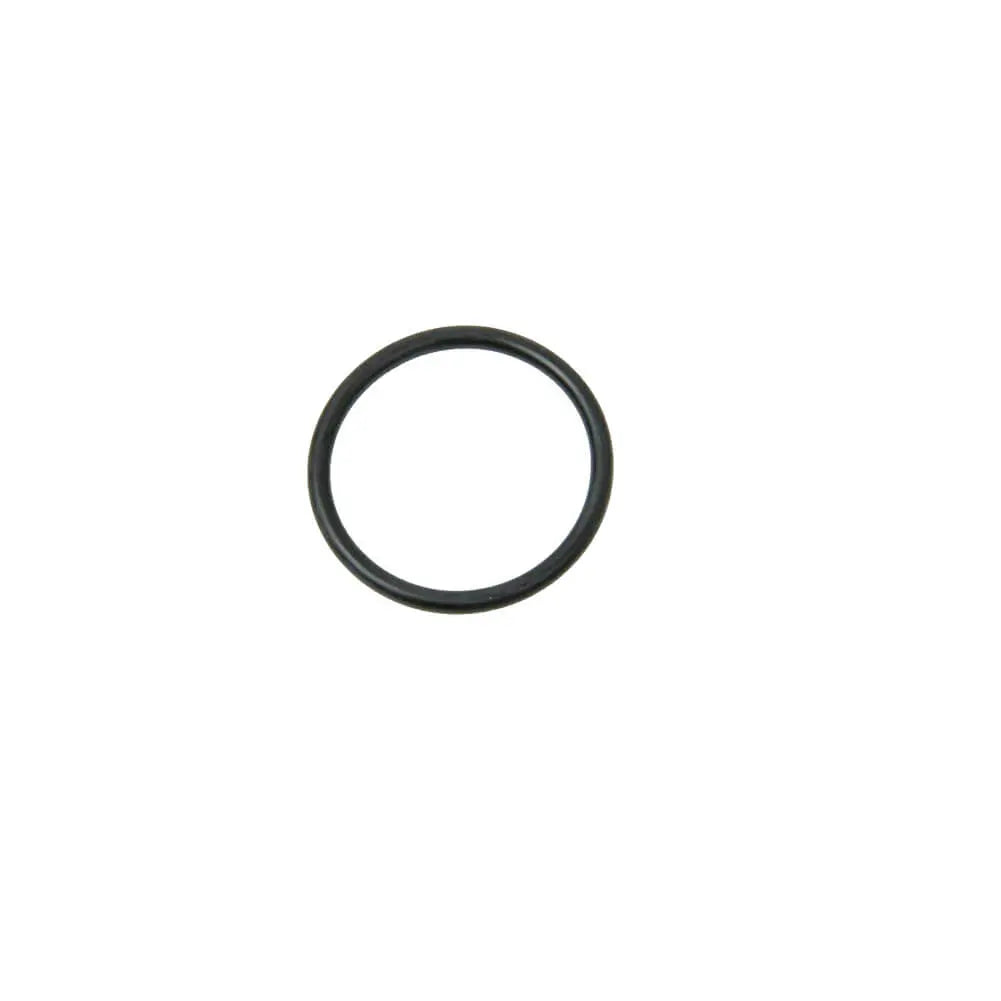
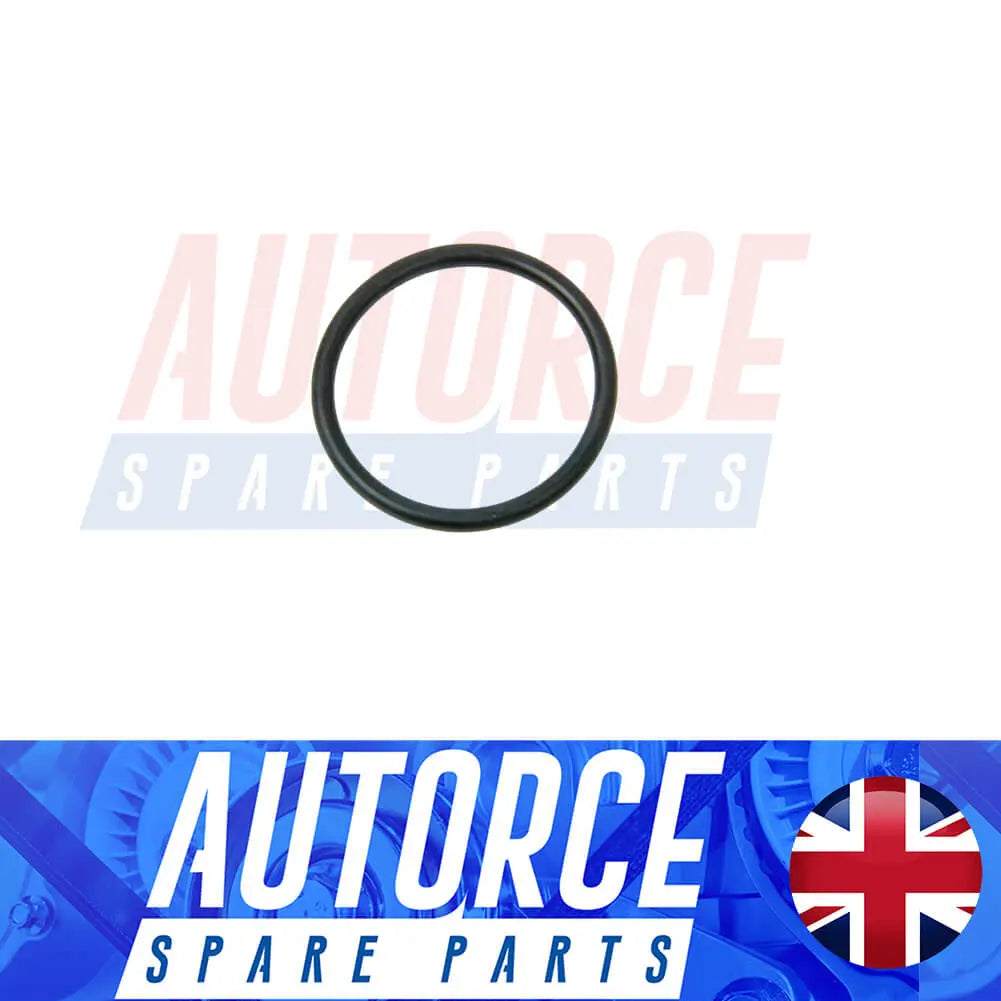
Heater Hose Gasket 29mmx2.9mm Petrol Engines For BMW 1 2 3 4 5 6 7 - 11537545278
Sale price£5.90
No reviews
In stock
Filters (0)




